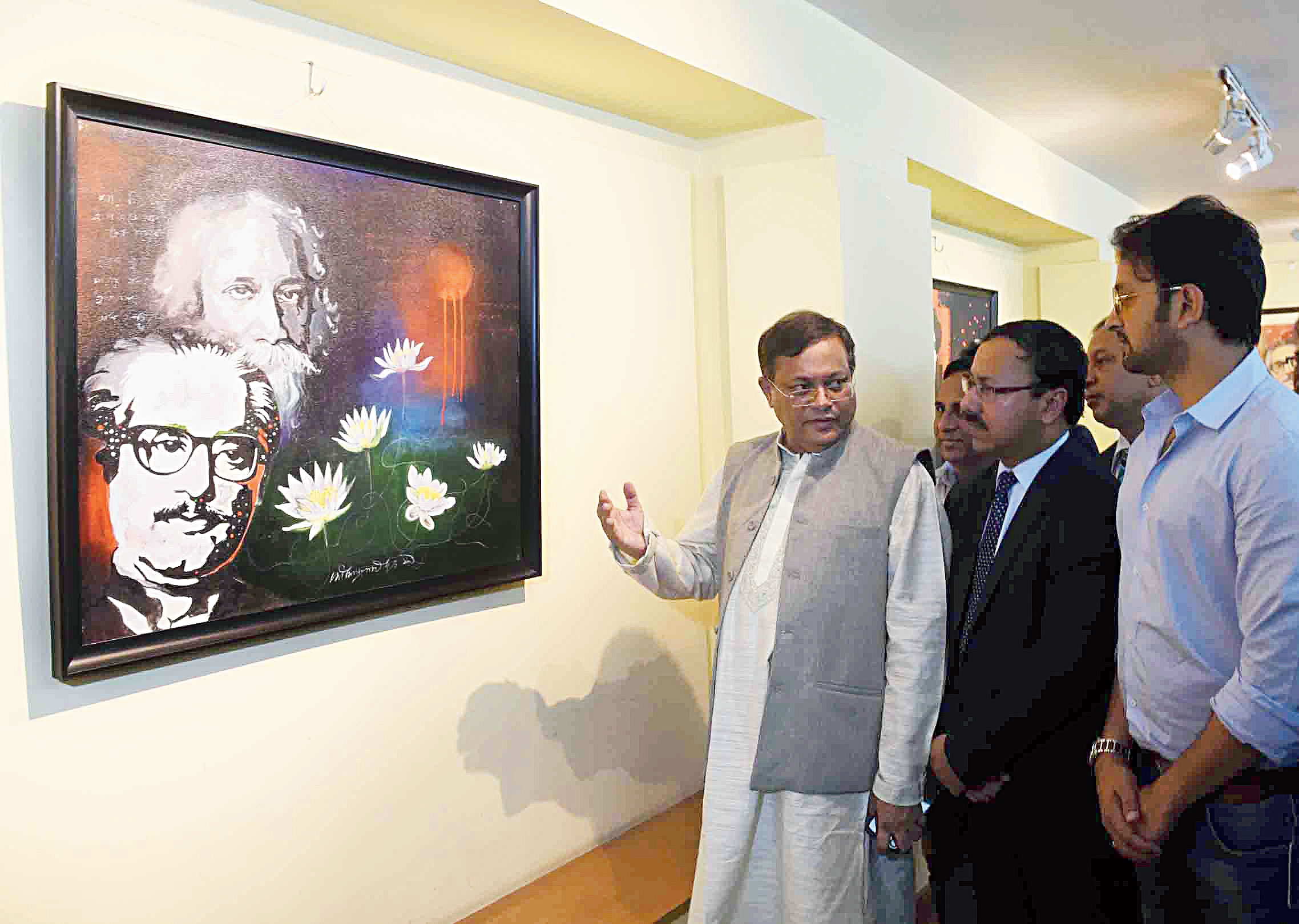- Indian journalists covering Bangladesh’s Liberation War used to wear olive green battle fatigues with “samar sangbadik (war correspondent)” written on them.
- A team of journalists, on reaching an Indian army camp in war-torn Tangail, was offered a “humble but interesting” dinner of roti, dal and rum by a brigadier.
- The station heads of the CIA and the KGB in Calcutta -– both of whom had shifted to Dhaka to track the war -– were once seen swimming together at the Intercontinental Hotel.
- Some Indian journalists were offered the rank of colonel for their role in the India-Pakistan war surrounding Bangladesh’s Muktijuddho but they refused as colonels are supposed to salute generals.
These and many more anecdotes tumbled out at the Calcutta Press Club on Saturday evening when six veteran Calcutta journalists recounted their experience of covering Bangladesh’s nine-month liberation war, during which the Indian army stood by the muktijoddhas (freedom fighters).
As Tarun Ganguly, Partha Chatterjee, Manas Ghosh, Dilip Chakraborty, Upen Tarafdar and Sukharanjan Dasgupta shared nuggets from the most interesting assignment of their lives, Bangladesh information minister Hasan Mahmud listened in rapt attention.
“All this is part of history. I had requested the Calcutta Press Club to get these stories recorded. I will help whichever way I can,” Mahmud, in Calcutta on a two-day trip, said.
With support from the Bangladesh deputy high commission, the Calcutta Press Club, marking its 75th year, has brought out a book on the Bangladesh Liberation War with articles from journalists who had covered it.
“The Calcutta Press Club and journalists from Bengal played a very important role in our country’s fight for independence. For the benefit of future generations, their accounts should be recorded and preserved,” said the minister, who too was bitten by the story-telling bug on Saturday evening.
Mahmud said that although Dhaka dealt with Delhi for diplomatic reasons, Calcutta remained the fulcrum of the India-Bangladesh relationship.
In his address, the 56-year-old minister said that he could not take part in the freedom struggle because he was just eight years old in 1971, but the war of independence was etched in his memory.
“After the Pakistani army surrendered, an Indian army contingent reached our village. People began showering them with whatever gifts they could,” he said.
“I pulled out a radish from a field and gifted it to an Indian soldier. He seemed very happy and gave me a 50-paise coin in return. I preserved it as my memory of the war.”
An emotional Mahmud regretted that he had lost the coin while shifting houses when he was abroad as a student.
Apart from the 1971 war, the other subject that animated the discussion was Bangladesh’s success in shedding its “bottomless basket” tag -– attached by former US secretary of state Henry Kissinger – to register high economic growth and improve its people’s lives.
“For us, our first identity is that we are Bengali…. Our Father of the Nation, Bangabandhu Mujibur Rahman, dreamt of a secular Bangladesh. We believe in his vision and this has helped us grow as a nation. Look at what Pakistan has achieved,” Mahmud said.
He underlined that Bangladesh was witnessing higher economic growth than Pakistan.
Mahmud said India-Bangladesh ties had deepened under the leadership of Sheikh Hasina, who is scheduled to visit India next month.
“Our relationship will only get stronger,” the minister said, refusing to be drawn into a discussion on controversial subjects like the National Register of Citizens and the Teesta water-sharing agreement.
After the Press Club event, Mahmud inaugurated a painting exhibition on Bangabandhu at the Indian Council for Cultural Relations in Ho Chi Minh Sarani.
The exhibition, featuring works by Indian and Bangladeshi painters, will continue till September 16. “These painters have held Bangabandhu in their hearts; that’s why the paintings are so good. I’m very happy to be here,” Mahmud said.











